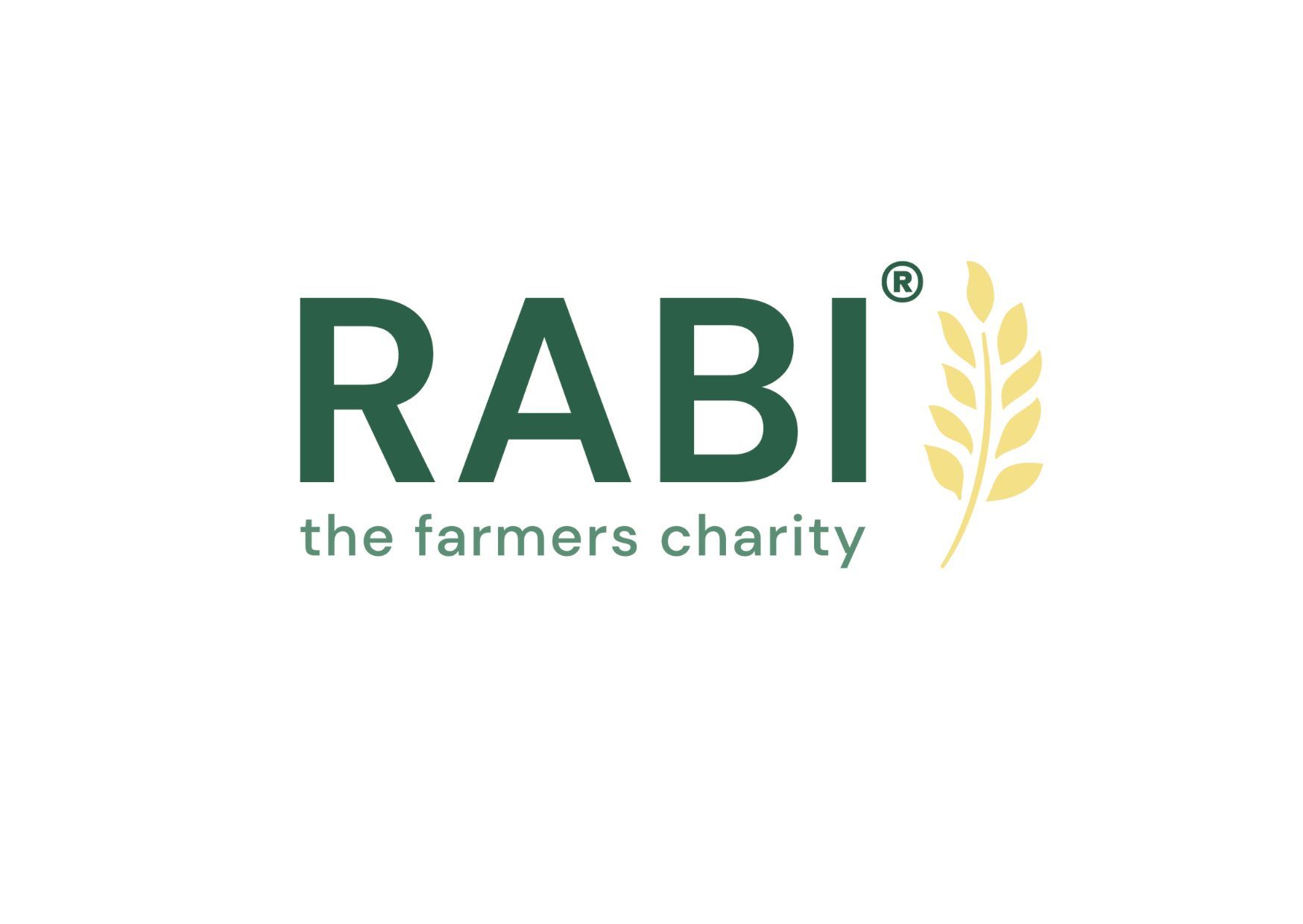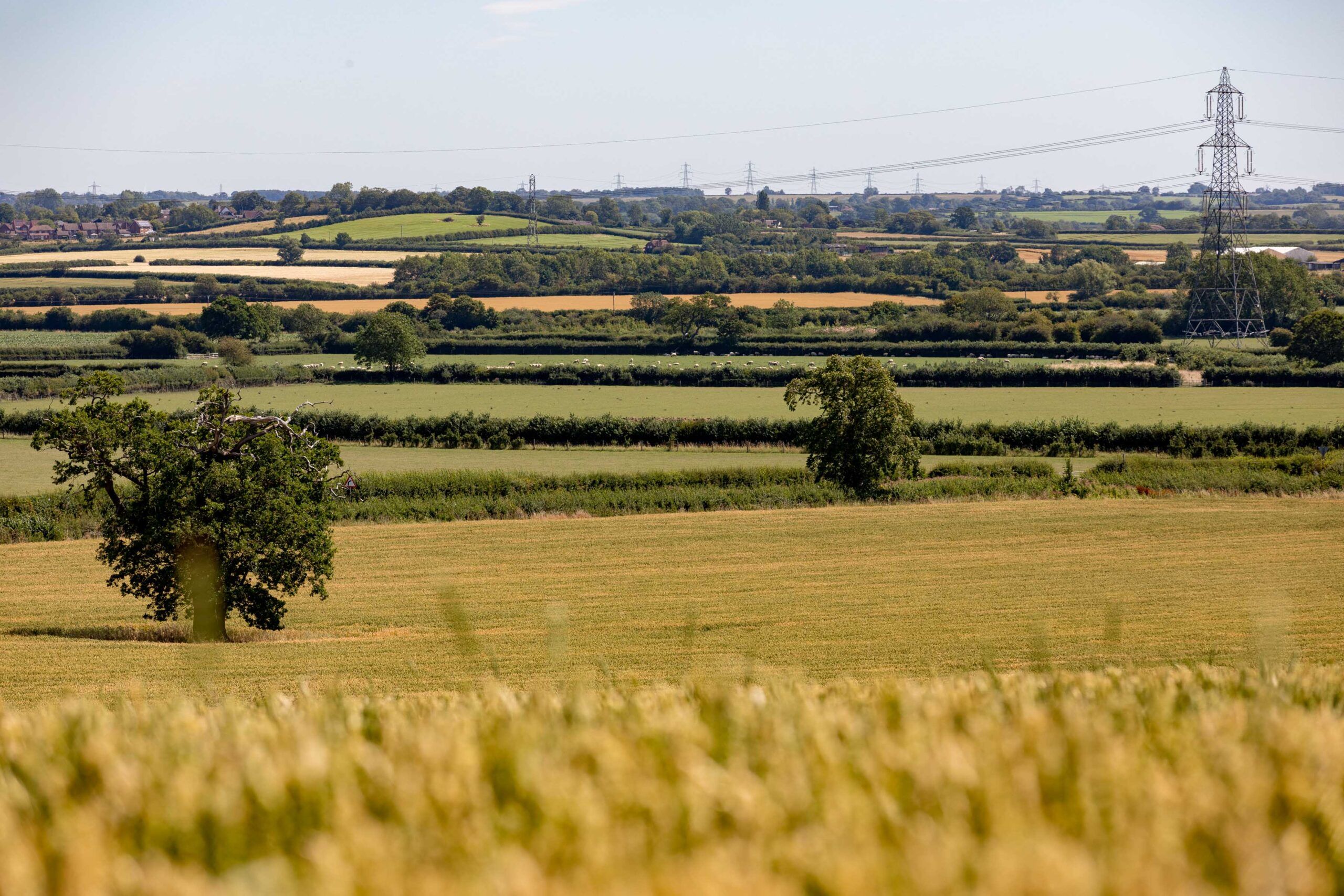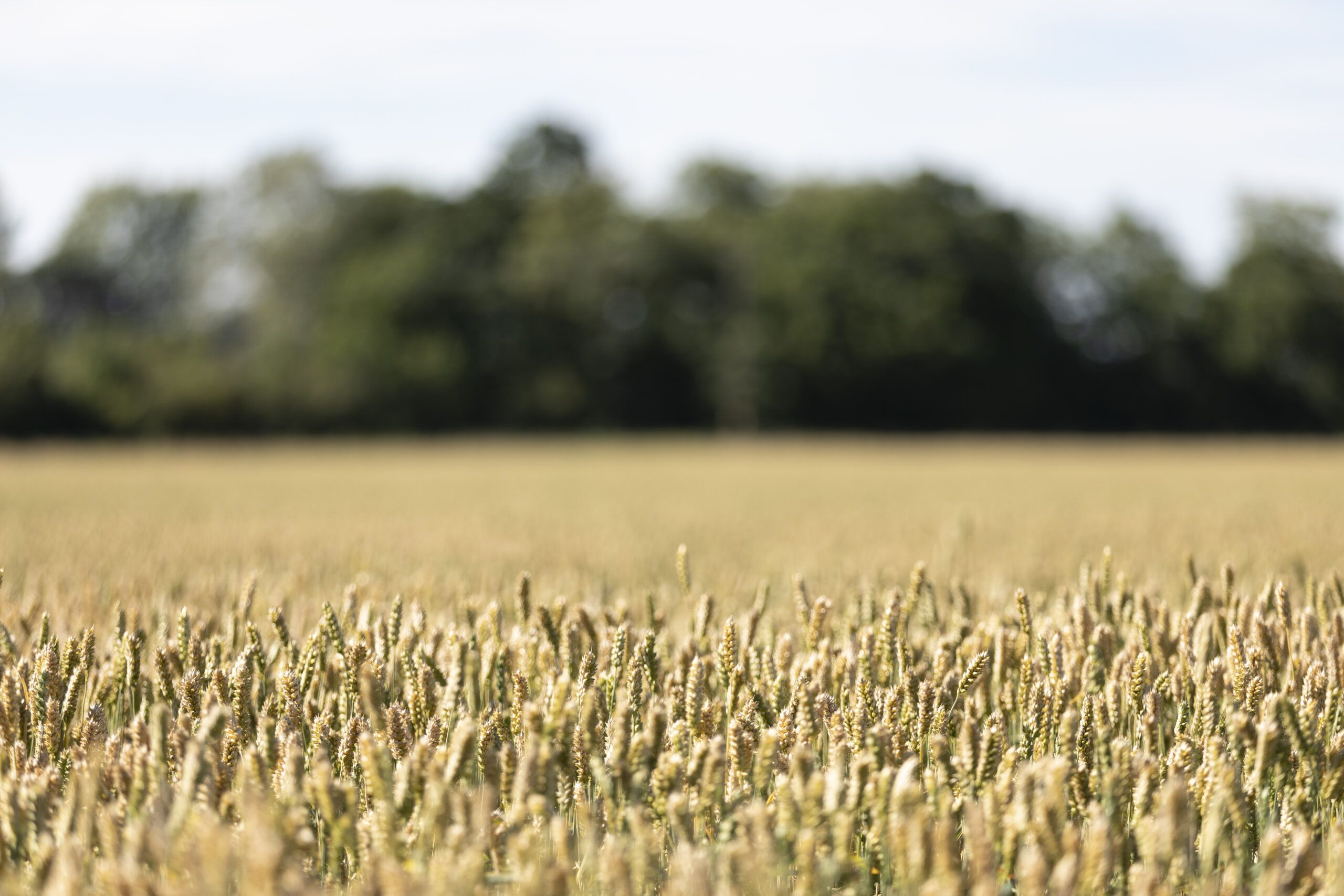SUPPORTING RABI IN 2025
We’re thrilled to announce our chosen charity for 2025: the Royal Agricultural Benevolent Institution (RABI). This farming charity provides vital support to farming people in England, Wales, and Northern Ireland. During 2025, we’ll be donating 50p from every slice of our delicious carrot cake sold. So, every time you indulge in a sweet treat with us, you’ll be helping to make a real difference to the lives of those in need within the farming community. But who are RABI, and why is their work so important? Our chosen charity for 2025 is RABI, Royal Agricultural...



